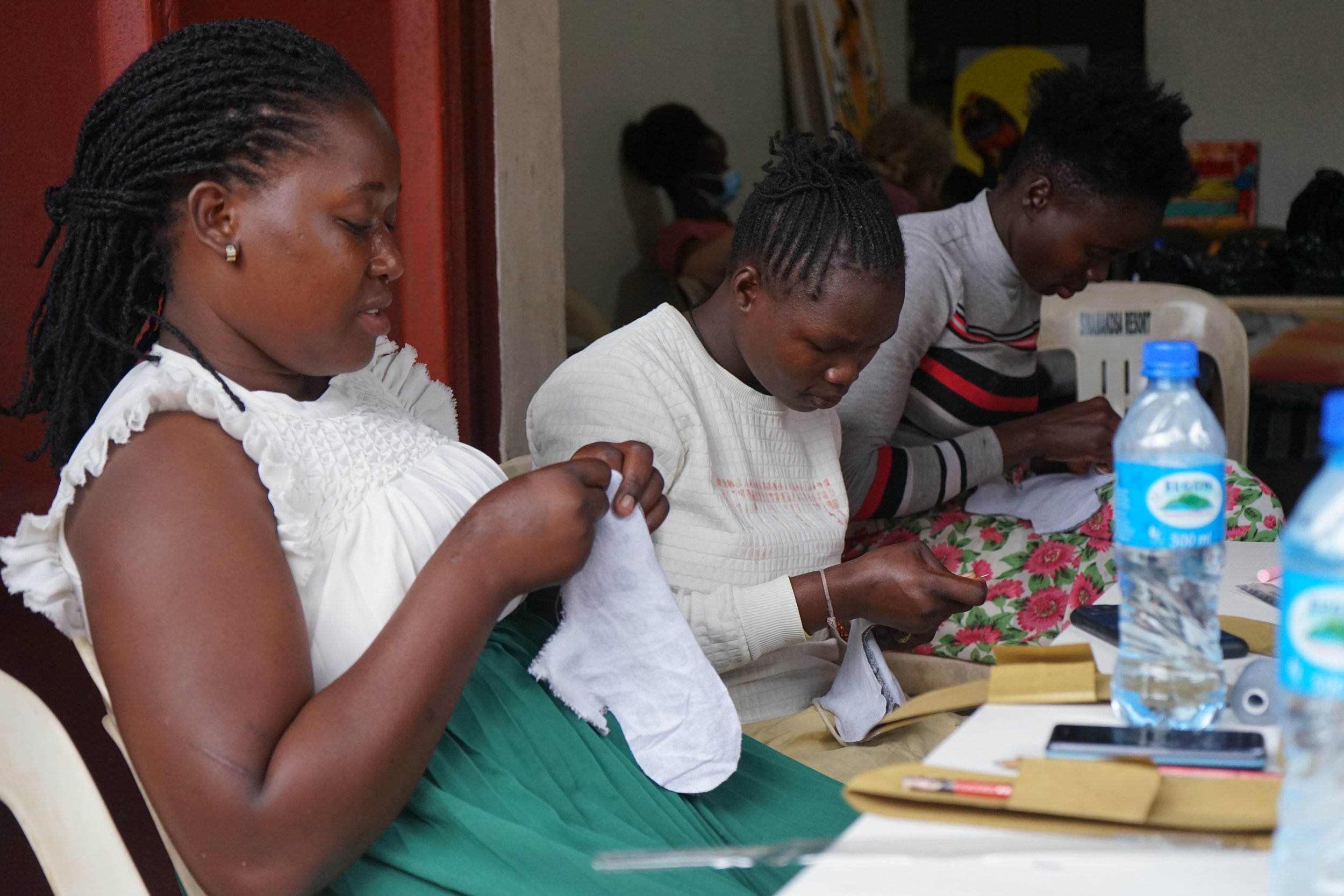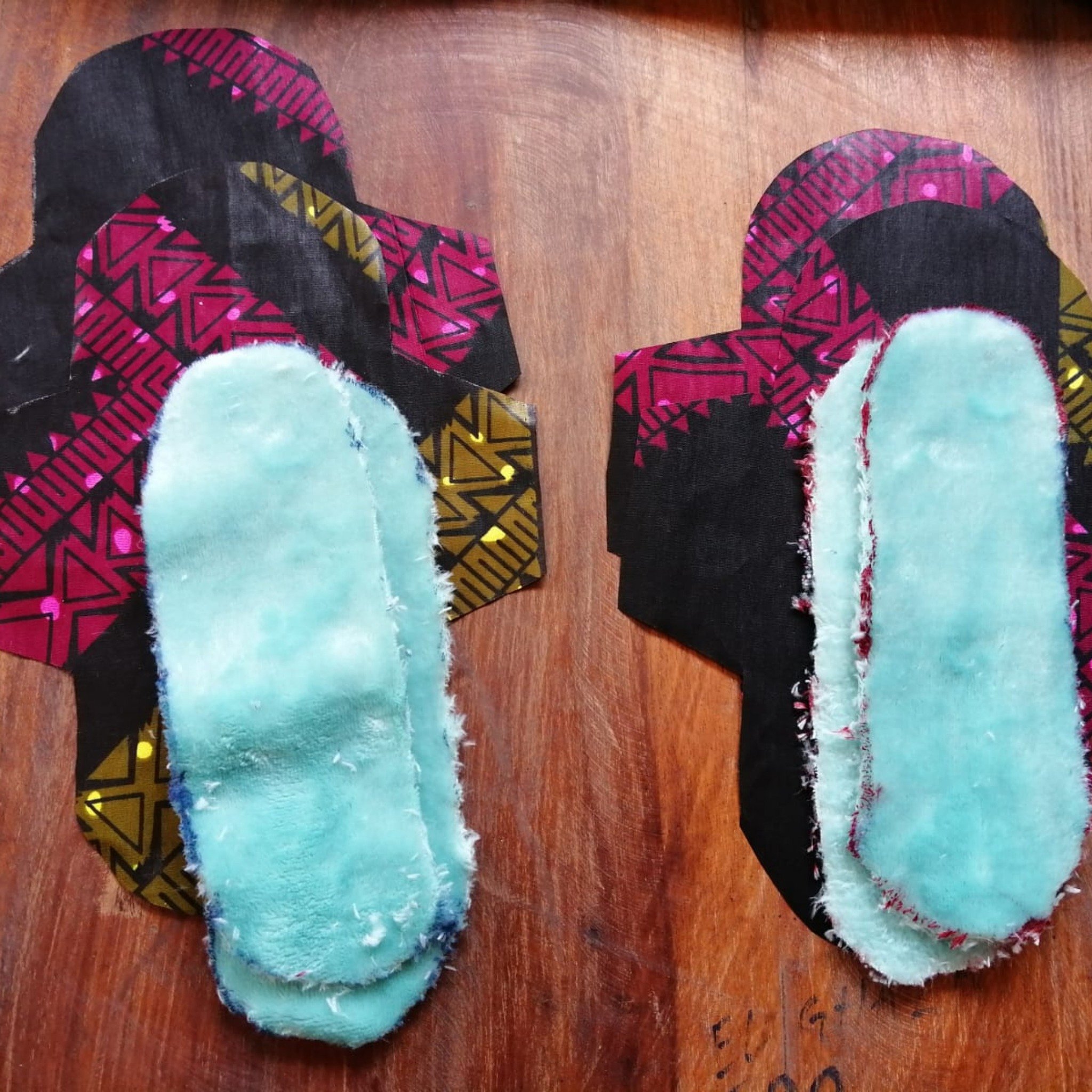Reusable Sanitary Pads Workshops
Why reusable sanitary pads?
Access to menstrual hygiene products is a major challenge for many girls and women in low-income communities. Disposable pads are often too expensive or unavailable, forcing many to use unsafe alternatives like rags, leaves, or even newspaper. This lack of proper menstrual care leads to health risks, discomfort, and school absenteeism, with many girls missing days of education each month or even dropping out entirely.
Reusable sanitary pads offer a sustainable, affordable, and hygienic solution. They are washable, long-lasting, and provide a cost-effective alternative that empowers girls and women to manage their periods safely and with dignity. By learning to make their own pads, women not only improve their own well-being but can also start small businesses, selling pads to others in their community—creating a source of income while addressing a critical need.
During our sanitary pad workshops, when the attendees are young women, we also include reproductive health education and STD (Sexually Transmitted Disease) prevention, ensuring that they receive essential knowledge about their bodies, safe practices, and overall well-being.
At Bookfeeding, we believe that menstrual health goes beyond just hygiene—it’s about empowerment, education, and breaking barriers. By teaching these skills, we help young women take control of their health, stay in school, and build stronger, more informed communities.
Organizing a Reusable Sanitary Pad Workshop
When a trained volunteer visits a Bookfeeding library and the community expresses interest in a reusable sanitary pad workshop, the volunteer typically spends at least three days organizing and conducting the sessions. This hands-on, interactive approach ensures that women not only learn a valuable skill but also gain confidence in discussing menstrual health.
Day 1: Gathering Materials & Building Trust
The first day is spent sourcing materials from local markets, ideally with the help of local women who understand pricing, quality, and availability. This ensures that after the volunteer leaves, the women can continue sourcing materials independently. The day also includes informal discussions about menstruation, allowing participants to share their experiences and thoughts. Since menstruation is often a taboo topic in many communities, establishing trust between the trainer and participants is crucial for an open and productive workshop.
Day 2: Hands-On Workshop & Education
The second day is fully dedicated to learning by doing. Participants sew sanitary pads by hand, ensuring that the method remains accessible to everyone, even those without sewing machines. As they work, the group engages in discussions about menstrual health, taboos, and common myths. If a blackboard is available, visual explanations help make the information clearer. The volunteer also leaves behind step-by-step printed guides in the library, along with a video tutorial, so the workshop can be replicated and shared with others in the future.
Day 3: Finishing & Business Development
The third day is spent either finishing the sanitary pads or taking the workshop a step further by introducing basic business and accounting skills. Women learn how to turn this new skill into a small enterprise by discussing pricing, identifying potential customers, and mapping out local places where pads could be sold or distributed. Through focus groups and community walks, they explore ways to sustain and expand this initiative.
*The workshops are always tailored to the needs of the community, time of the volunteer/trainer and finances available. *
Expanding the Impact
Depending on available funding, we also offer this workshop to communities outside the Bookfeeding Project network, ensuring that more women can access affordable menstrual products, gain essential health education, and create new economic opportunities.
By combining practical skills, community engagement, and open discussions, our workshops help break the silence around menstruation while empowering women to take control of their health and financial independence.
Do you want to organise this workshop in your community? Here are some materials that might help!
Step by Step printable guide - Reusable Sanitary Pads Booklet
Step by Step Video: https://www.youtube.com/watch?v=0kiuNK9dSlc
Material
Step by Step guide: Download Reusable Sanitary Pads Booklet
Step by Step video: https://www.youtube.com/watch?v=0kiuNK9dSlc
Organized Sanitary Pads Workshops
Zambia, Mongu (focus group, People in Need)
Zambia, Lusaka (2x workshop - for kids with disabilities and young women, our library Bookfeeding)
Zambia, Chipata (workshop for https://www.facebook.com/ChiparambaOrg)
Tanzania, Moshi (Bookfeeding library, in the process of turning it into business)
Tanzania, Visiwani (our library 2 workshops) + took over by another volunteer who did a few workshops in Masaai communities
Uganda, Tororo (our library)
Uganda, Mbale (slum/township Namatala)
Uganda, Budadiri (coffee farmers)
Uganda, Kapchorwa (coffee farmers)
Uganda, Kasese (3+ workshosp + trying to start a business, our library)





